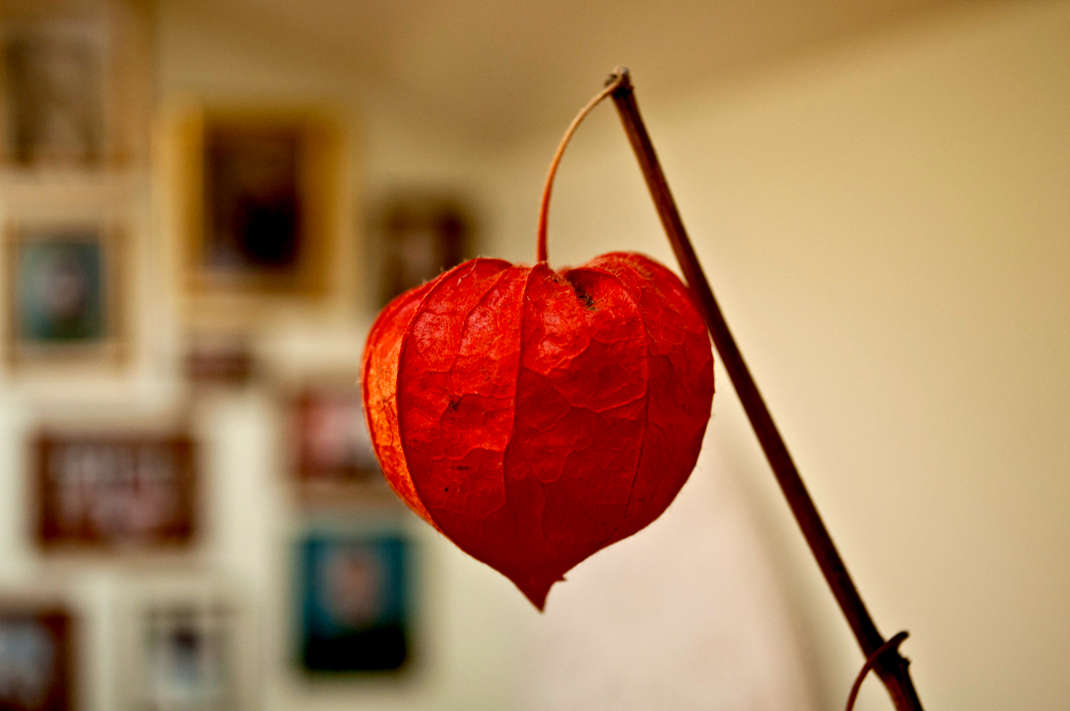
Herbs with Aphrodisiac Properties
Herbs with Aphrodisiac Properties
With a hint of interesting history
It’s that time of the year when everyone’s looking to cook something special and spice up their love life. The natural world is a great source for inspiration. Many herbs over the years have been used to boost sexual activity for both men and women.
Garlic has been recorded for most of history as an aphrodisiac and as a result monks forbid it as they believed it was a stimulant that aroused passions. Garlic can be easily grown in most outside spaces. (Allium sativum)
Field Mushroom in the time of the Normans a wedding dish of mushrooms was prepared only for the groom to eat. It was supposed to possess aphrodisiac properties. (Agaricus campestris)
Eating oats has been scientifically proved to increase testosterone levels. It was first believed that horses that ate wild oats were more likely to mate, hense the saying “feeling’s one’s oat’s”. (Avena sativa)
Wild Rocket increases sperm count. Pliny the Elder a Roman naturalist described a method of “three leaves of wild rocket picked with the left hand, beaten up in hydromel, and then taken in drink, are productive of a similar effect.” (Diplotaxis muralis)
Saffron is the orange stamens from crocus flowers (not just any crocus). Cleopatra was said to bathe in saffron water as an aphrodisiac. (Crocus sativus)
Clary Sage was used as a love potion to attract a man “mix equal parts of dried lavender, bachelor’s buttons and clary sage, with a pinch of valerian and a sassafras leaf. Place in a small sachet and wear inside the clothing”. Salvia sclarea
‘Dog Stones’, ‘Hare’s Bollocks’, ‘Cookoos’ was back in years gone past the tubers of the plant were used to determine the sex of a baby. Males would eat the larger tuber to have a boy and women the smaller tuber if they wanted a girl. They were also thought to have aphrodisiac properties following one Greek philosopher who discovered that the root of the plant named after the fertility god Priapus “allowed a man to perform 70 consecutive acts of sexual intercourse”. As a result of this revelation and its popularity the plant nearly went extinct. This most common of British orchids is by definition the ‘Dogs Bollocks’. (Orchis mascula)
Lovage is a perennial herb that’s easy to grow. In Chaucer’s time it was known as ‘Love Parsley’ and mainly used for love potions. The roots were used as a tea, brew 3g of the crushed root with 1/8 L of cooking water, drink three times a day. The seeds were also known as sesel seeds and were baked in aphrodisiac cakes. (Levisticum officinale)
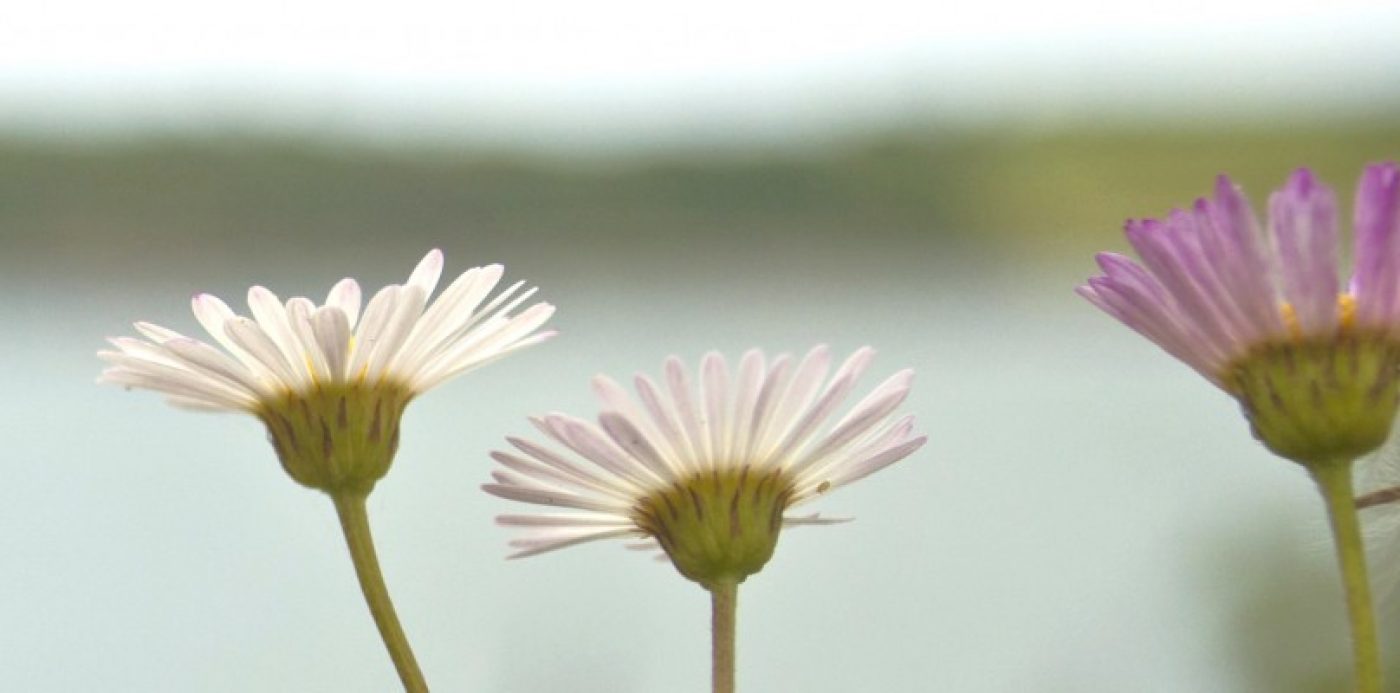
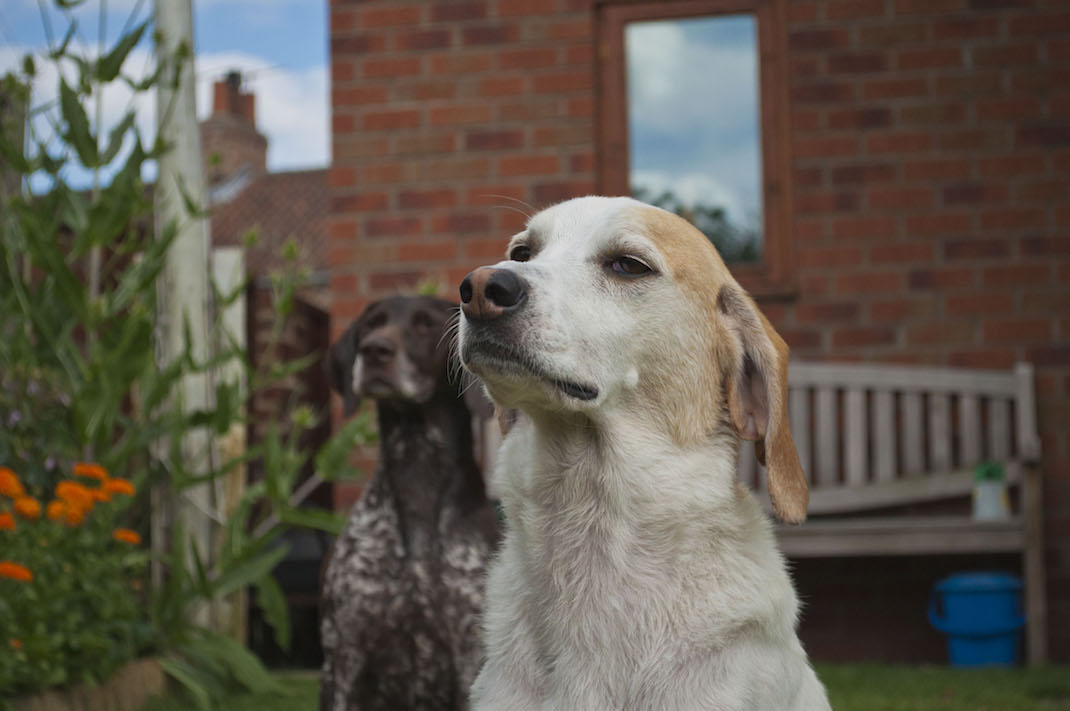
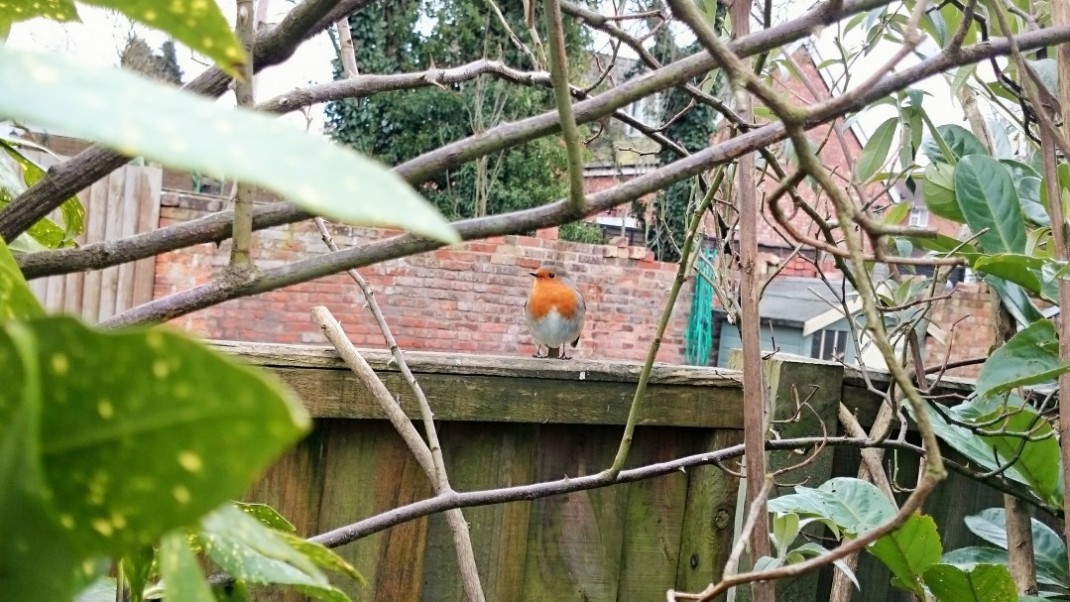
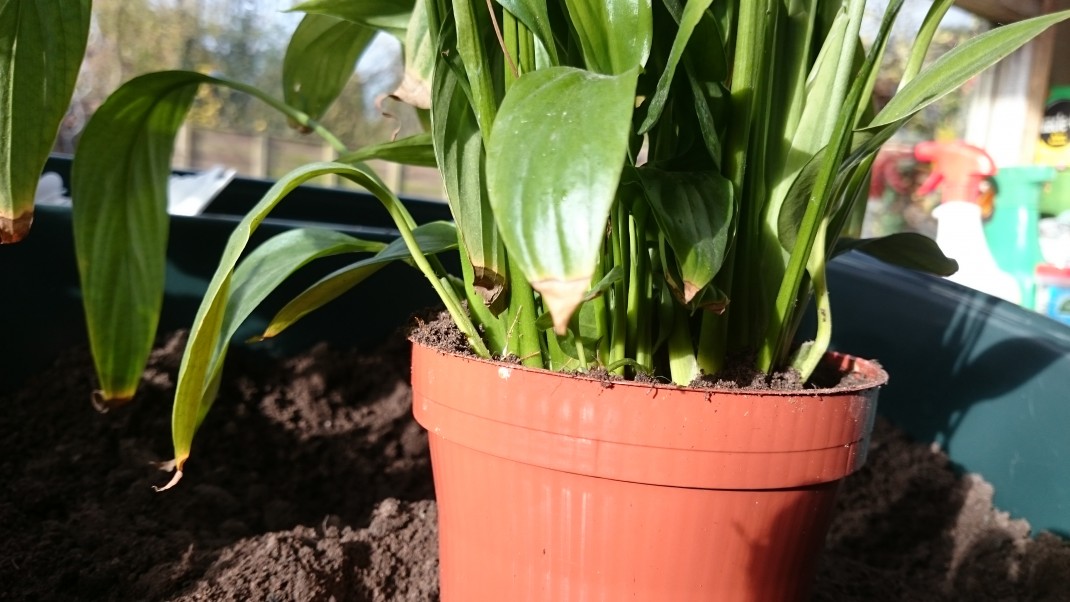
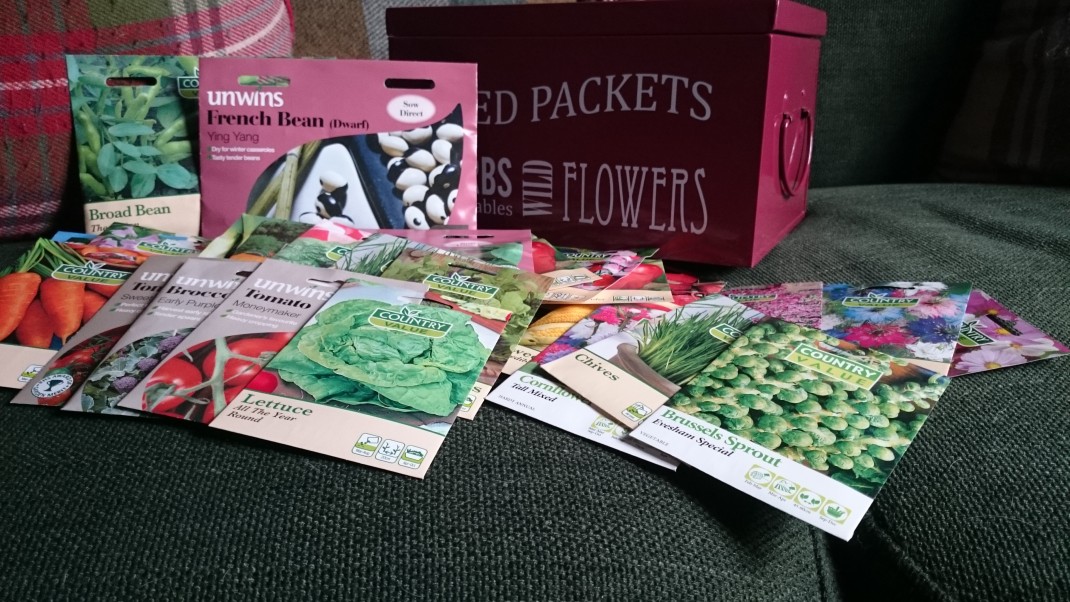
-
-
8 years
Tagged Aconitum, Aftercut, Aftercut patch Fix total lawn repair, Agrostemma githago, beloved pets